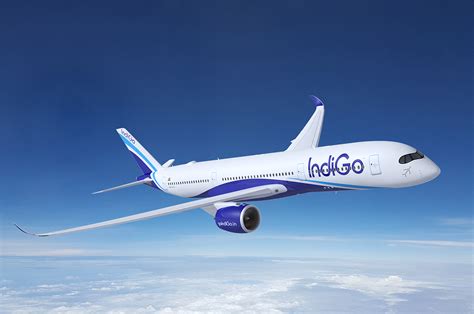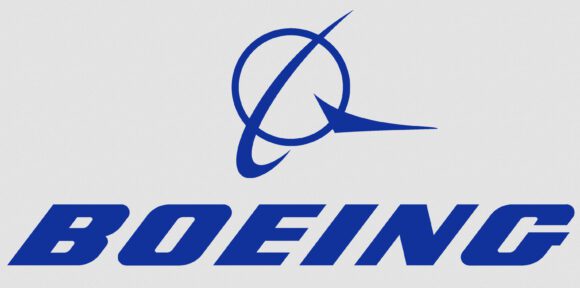News
The Trump Administration is proposing $11 billion in new tariffs on the European Union resulting from a World Trade Organization ruling that Airbus failed to cure illegal subsidies for the A380 and A350. Those tariffs are outlined in a document here.
The WTO also recently ruled that Boeing and the US failed to cure illegal tax breaks. This ruling, and the US tariff proposals, will likely generate retaliation by the EU that could be the beginning of a trade war between the US and EU.
Analysis
The interesting element is that many of the products cited for tariffs have nothing to do with either Airbus or launch aid, and cover wines, cheeses, and other products. While aircraft and some specific parts are included in the tariff proposals, there are simply not enough sales of the A380 or A350, for which the launch aid was given, in the US market to have a significant impact. No US carrier flies the A380, and A350 customers include Delta and American.
Retaliation by the EU to defend Airbus is virtually a given, and would likely be applied to Boeing aircraft. Since Boeing has several major customers in Europe, that could have a significant impact.
Insight
Airbus facility manufacturing aircraft in Alabama would also be subject to tariffs on some of the parts imported from Airbus global supply chain. Those parts are used in the A320 that is currently, and A220 planes it plans to manufacture in Mobile. One of the purposes of the Alabama facility was for Airbus to become more global, and have a US assembly point to increase the US content of the aircraft for US customers. The aircraft build in Alabama will have approximately the same domestic content as a Boeing aircraft, as many of the same suppliers are international in their production.
Since Boeing doesn’t assemble aircraft in Europe, will they be at a disadvantage? Probably. European customers are launching two models, the 737MAX 200 at Ryanair in Ireland and the 777-9 with Lufthansa. The potential retaliation could harm Boeing more than the initial tariffs would harm Airbus.
If tariffs hold, there could be serious implications for both OEMs product strategies, and decisions of which aircraft are to be produced in the US by Airbus. Could Airbus begin production of the A330neo in the US, or expand the Canadian-based A220 product line to further avoid tariffs? Will Boeing need to open a facility in the EU to remain competitive.
Trade wars, once begun, are difficult to stop. While protectionism has its role, the Boeing-Airbus duopoly appears to be relatively balanced, with different forms of economic aid on both sides effectively a wash. Imposing tariffs is a dangerous step that could lead to unintended consequences that could harm Boeing more than they harm Airbus, which would be the opposite of what the Trump administration seeks.
Views: 1




